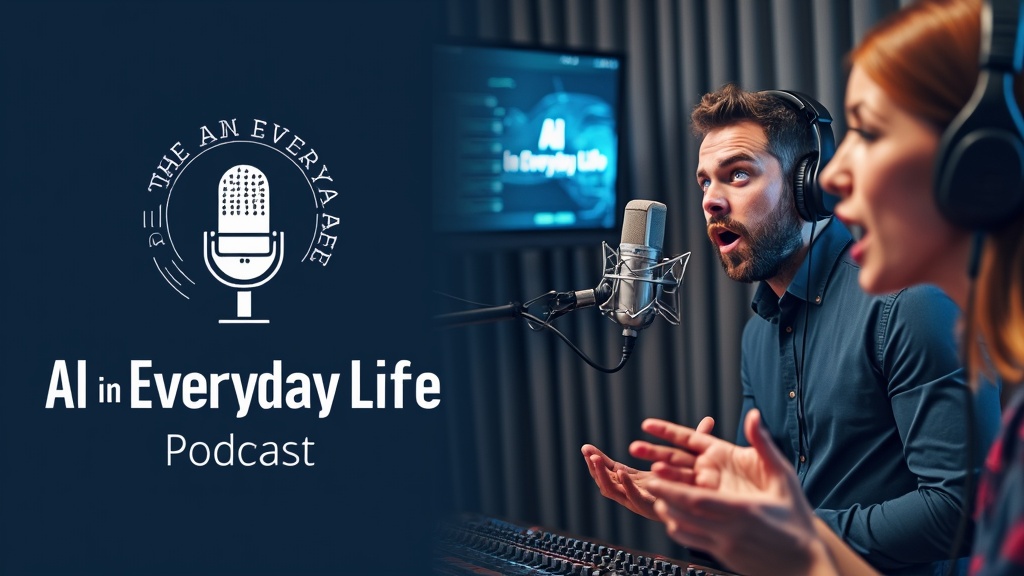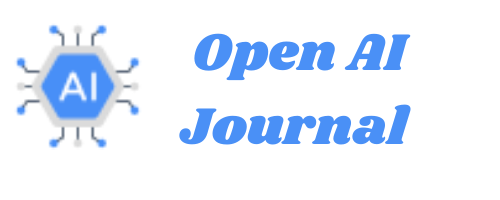AI in Daily Life: Are We Living Smarter or Just Getting Too Comfortable with the Revolution?

Table of Contents
Have you ever stopped to think about how much AI has quietly snuck into our daily lives? It’s not just the flashy robots in sci-fi movies. I’m talking about the AI-powered recommendations on Netflix, the smart assistant on your phone, and even the way your email filters out spam before you see it. Crazy, right?
The thing is, while AI in Daily Life is making life more convenient, I’ve been wondering… Are we actually living smarter lives because of it, or are we just getting too comfortable and letting machines do all the thinking? Let’s unpack that.
The Perks of AI in Daily Life
Let’s be honest: life with AI is pretty sweet. It’s like having a personal assistant you don’t have to pay. Here’s a quick look at some of the everyday AI we’re using without even realizing it:
- Personal Assistants (Siri, Alexa, Google Assistant): Need to set a timer, play music, or ask about the weather? Just shout it out, and boom — you’ve got an answer. 🤓
- Smart Home Devices: Thermostats that “learn” your preferred temperature, smart lights that switch on with a voice command, and security systems that notify you of any “unusual activity” (like your cat knocking over a plant at 3 AM).
- Streaming Services: Ever notice how Netflix “just knows” what you’ll like? That’s AI at work, analyzing your past viewing habits to keep you binge-watching longer. 🎉
- Navigation & Traffic Apps (Google Maps, Waze): Real-time traffic updates, alternative routes, and ETAs. It’s like having a friend in the passenger seat who’s a traffic expert.
- Health & Fitness Apps (Fitbit, MyFitnessPal): AI analyzes your activity, gives health insights, and sometimes even nudges you to “get moving” when you’ve been a couch potato for too long. 🏃
These tools save us time and effort. According to a study by PwC, AI-driven convenience can boost global GDP by up to $15.7 trillion by 2030. That’s not just big money — it’s a massive shift in how we live day-to-day.
AI in Daily Life : Are We Getting Smarter or Just Getting Lazy?

Here’s where things get interesting. Sure, AI helps us “do more,” but is it also making us think less? I’ll admit it — I’ve become so dependent on Google Maps that I’d probably get lost in my own city without it. Remember when we used to memorize phone numbers? Now, I don’t even know my best friend’s number. 😅
Take autocorrect as an example. It’s great for catching typos, but have you noticed how people’s spelling skills are… slipping? A survey from The Wall Street Journal found that 74% of people rely on autocorrect, and 43% admit they’re worse spellers because of it. Yikes.
It’s not just spelling. Smart home devices handle everything from lights to locks. But if the Wi-Fi goes down, suddenly, people forget how to turn on a lamp. My neighbor’s power went out, and he couldn’t unlock his “smart lock” because he’d forgotten the manual override. 😂
The Privacy Trade-Off
Here’s something nobody likes to talk about: privacy. Every time you use an AI assistant, track your steps with a fitness app, or binge-watch a new series, you’re feeding companies data. A lot of it. According to a study by McKinsey, 71% of consumers are worried about how their personal data is being used, and they should be.
Ever mention “vacation in Italy” in a conversation, then suddenly see travel ads on Instagram? Coincidence? I’m not so sure. Big tech companies insist they’re not “listening” to us, but their algorithms are scary good at predicting what we’re thinking. It’s like they know us better than we know ourselves. 😳
So, What’s the Verdict?
Look, I’m not here to trash-talk AI. It’s made life easier, more connected, and sometimes even safer. But we need to stay sharp. Convenience is a double-edged sword. The more we outsource our thinking to AI, the more we risk losing the skills that got us here in the first place.
If you ask me, the best way to approach it is this: Use AI, but don’t let AI use you. Learn how to be in control. Set boundaries for when and how you use it. For example, I’ve started practicing “manual days” where I avoid GPS and social media recommendations just to keep my mind sharp. It’s harder than I’d like to admit.
But what do you think? Are we getting smarter with AI or just getting lazy? Let’s hear it in the comments. I’m ready for the debate.






